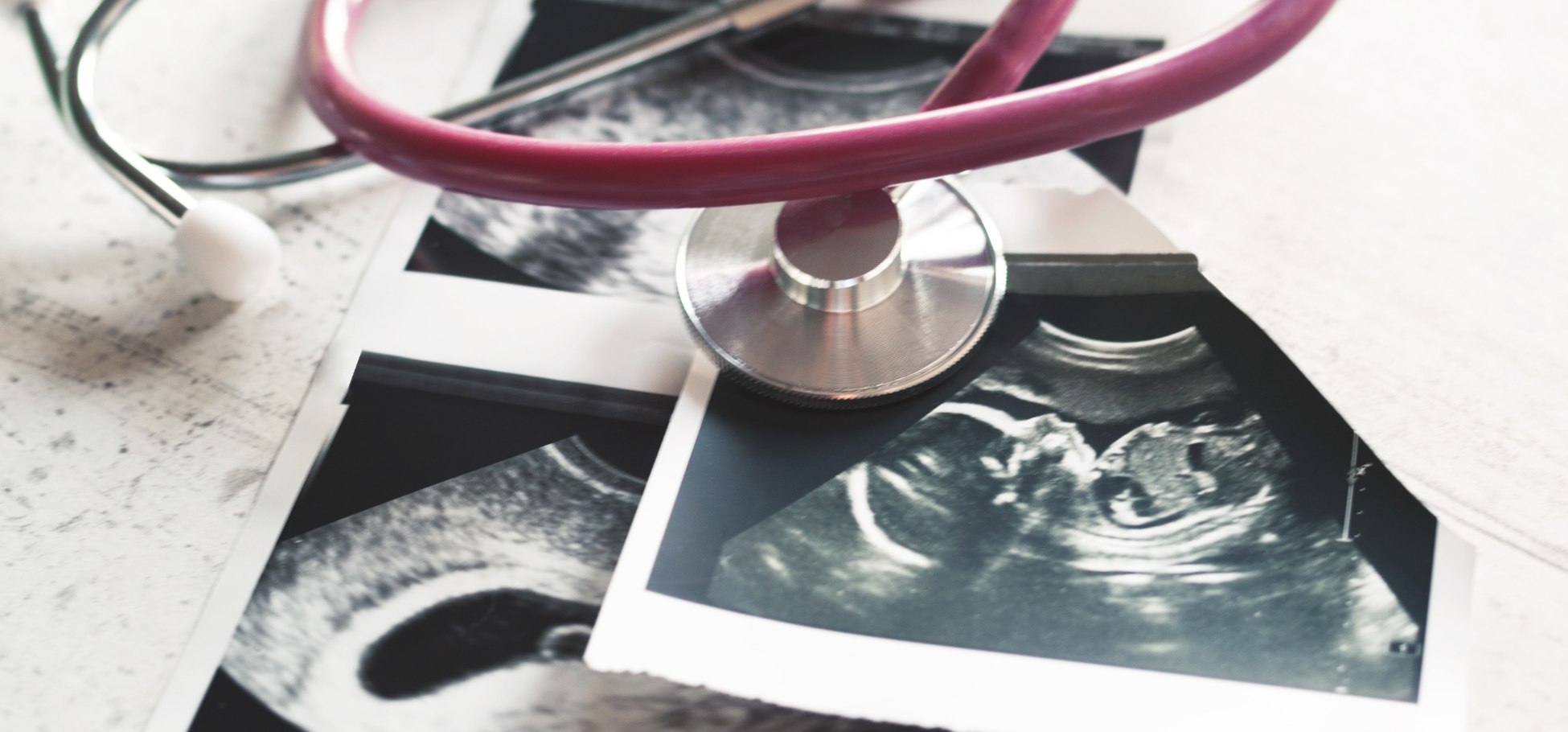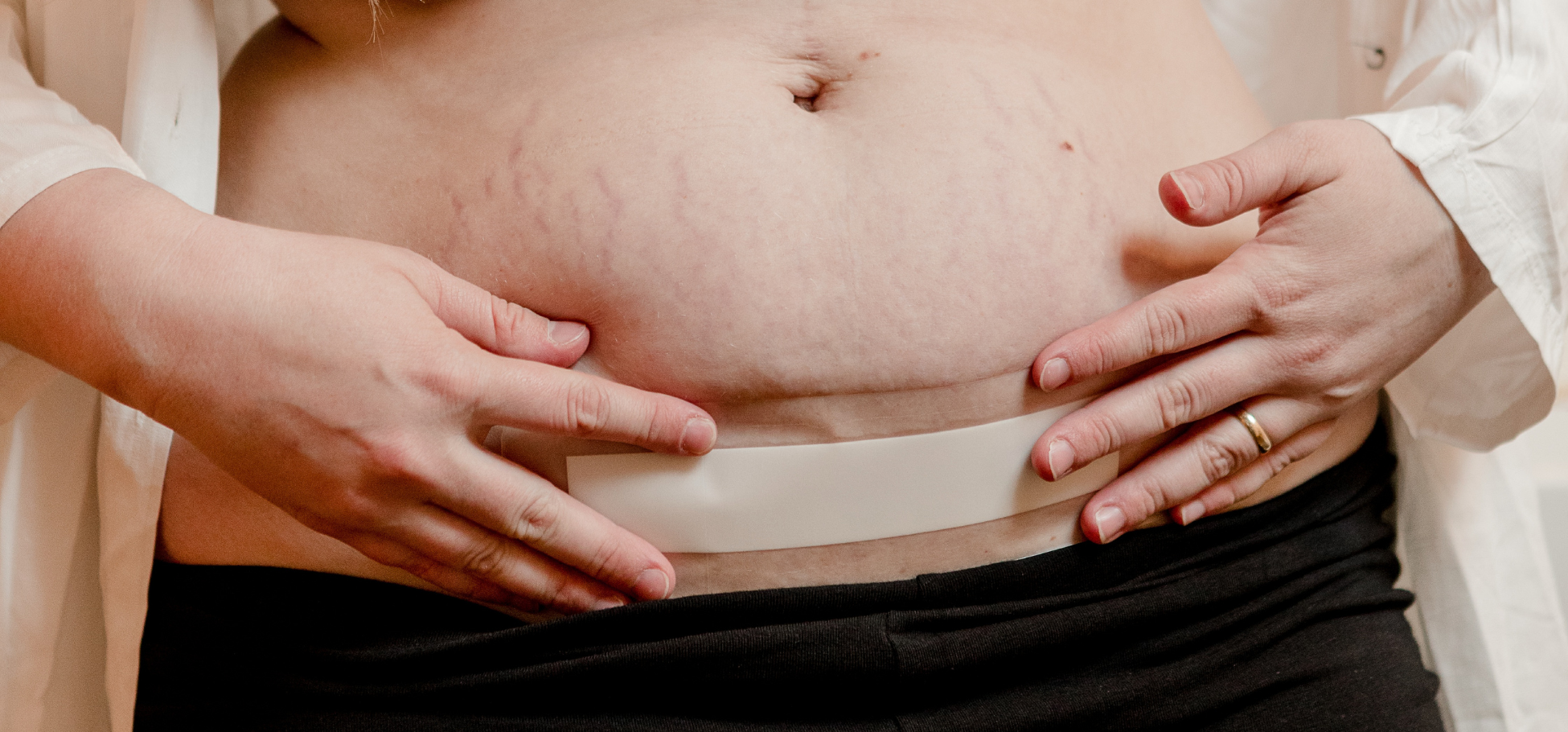When you hear the word “hormones,” what is the first thing that comes to mind?
Is it the “raging” hormones that teenagers experience during adolescence?
Is it the hormones that cause rushes of excitement when you are falling in love?
Is it the hormones that athletes sometimes take in an effort to become stronger and faster?
Is it the rise and fall in hormones associated with premenstrual syndrome (PMS) and period symptoms, like bloating and mood changes?
Is it menopause?
Although all of the above are associated with hormones, women experience the most extreme hormonal shifts of their lives during pregnancy, childbirth, and the postpartum period.
What are hormones?
Most of us are familiar with the word “hormones,” but it might be unclear why we have them, what exactly hormones do, and why they are important.
Hormones are chemical messengers that are produced and secreted by special organs called glands. The endocrine system is a network of all of the glands in our bodies. The hormones which are released by specific glands travel through our bloodstreams to act on their target organs. For example, our pituitary glands, which are located in our brains, release a hormone called thyroid stimulating hormone (TSH) that triggers our thyroid gland to make and release thyroid hormones. Our pituitary glands also make an important hormone called adrenocorticotropic hormone (ACTH) which triggers our adrenal glands to make cortisol.
Hormones are essential for life and play a role in metabolism, growth, development, sexual function, digestion, sleep, appetite, thirst, levels of stress, how well our immune systems work, cognitive functioning, mood, and well-being. Thus, hormonal imbalances can make us really sick! Common hormonal problems, which you may have heard of, include hypothyroidism, diabetes mellitus, adrenal insufficiency, and polycystic ovarian syndrome (PCOS). These disorders are associated with the malfunction of the thyroid gland, pancreas, adrenal glands, and ovaries, respectively.
What role do hormones play in fertility?
Hormones are involved in regulating our menstrual cycles and have a major effect on fertility and the ability to get pregnant. The two main hormones involved in the processes of ovulation and menstruation are follicle stimulating hormone (FSH) and luteinizing hormone (LH). A part of the brain called the hypothalamus triggers the pituitary gland to make and release both FSH and LH. Estrogen and progesterone (the two main female hormones) are produced by our ovaries (female reproductive glands) in response to messages they get from both FSH and LH.
FSH stimulates our ovaries to grow eggs and LH is involved with the release of an egg every month during ovulation. Estrogen levels are high during the first half of the menstrual cycle and play a major role in ovulation too. If an egg is fertilized by sperm after being released during ovulation, progesterone helps to attract the egg to the uterine lining to implant – if implantation of a fertilized egg is successful, pregnancy occurs. Birth control pills contain synthetic estrogen and progesterone which prevent pregnancy by interfering with ovulation, fertilization, and/or the implantation of a fertilized egg.
What kinds of symptoms do hormones cause?
We experience major hormonal fluctuations after becoming pregnant. Symptoms of “morning sickness,” or hyperemesis gravidarum, are a result of the normal surge in pregnancy hormones that occur during the first trimester. Other pesky symptoms caused by hormones during pregnancy include fatigue, bloating and swelling, “brain fog,” mood changes, indigestion, heartburn, constipation, skin changes, and bleeding gums. So, we can blame our pregnancy hormones for feeling nauseated, tired, and moody, especially during the first trimester! Fortunately, hormonal levels usually stabilize during the second trimester. This is why morning sickness typically improves and energy levels increase as the second trimester progresses.
What are the main pregnancy hormones?
Human chorionic gonadotropin (HCG) is the first pregnancy hormone that is made. It is produced by trophoblasts, which are special cells surrounding a developing embryo. HCG is the hormone that is used in both urine and serum (blood) pregnancy tests and levels of HCG rise quickly after the second week of pregnancy. It is also the main culprit in causing “morning sickness.” HCG triggers the corpus luteum, a part of our ovaries, to make estrogen and progesterone early on, before the placenta takes over as the main pregnancy hormone-producing organ. Estrogen promotes blood flow to the uterus, stimulates fetal growth and development, and plays a role in preparing breasts for making milk. Progesterone increases blood flow to the smooth muscles of the uterus, which helps it to stretch and expand during pregnancy, and also prevents a pregnant mother’s immune system from attacking her fetus.


The placenta starts to develop in the early weeks of pregnancy and is fully functional by about the 12th week. It produces multiple hormones that are essential for having a healthy pregnancy. Placental pregnancy hormones include all of the following:
- Human placental lactogen: Helps the placenta provide nutrients to the developing baby and also gets mothers’ milk glands ready for making breast milk.
- Human placental growth factor: Promotes growth of the placenta by increasing blood flow in the vessels that feed the placenta.
- Estrogen and progesterone: These hormones have multiple roles in ensuring the uterus is a “friendly” environment for one’s developing baby (see above).
- Relaxin: Widens and softens the walls of blood vessels, promoting blood flow to the placenta. Prepares mothers’ bodies for labor and delivery by relaxing the bones, muscles, ligaments, and other soft tissues of the pelvis. Relaxin also triggers the cervix to soften and dilate during labor.
Labor is hormonally driven and oxytocin is the main hormone involved in labor. Like FSH and LH, oxytocin is produced and secreted by the pituitary gland of the brain. Oxytocin’s main job is to stimulate uterine contractions, and it does its job so well that obstetricians use a synthetic (man-made) form of oxytocin, called Pitocin, to both induce, or “jump-start,” and/or augment labor.
Oxytocin levels remain elevated after delivery, which is important because it plays an essential role in producing breast milk. Oxytocin is also known as the “love hormone” and is the main hormone involved in mother-baby bonding after birth. When mothers hold their new babies skin-to-skin on their chests after delivery, the waves of oxytocin that are produced help to ensure that their breast milk will “come in.”
Prolactin is the second main hormone involved in breast milk production. Prolactin is also released by the pituitary gland, and levels of this hormone increase throughout pregnancy. Some women will experience leakage of small amounts of breast milk while still pregnant as a side effect of the rise in prolactin. Please keep in mind that if you start to leak milk during pregnancy, it is really important to NOT pump or stimulate your breasts unless you are very close to your due date. This is because breast stimulation and pumping during pregnancy can increase oxytocin levels and trigger preterm contractions and labor.
What happens to pregnancy hormones after you deliver your baby?
As soon your baby is born, your levels of estrogen, progesterone, and other placental pregnancy hormones decrease. This rapid drop in hormones after delivery is often associated with feelings of sadness and crying known as the “baby blues.” If your “baby blues” symptoms worsen and/or continue beyond about the second postpartum week it’s really important to get evaluated for postpartum depression (PPD). This is because hormonal imbalances after giving birth are a trigger for PPD in about 15% of new mothers. Although the peak timing for the development of PPD symptoms is around 4-6 weeks postpartum, it can pop up at any time during your baby’s first year of life. So if you feel unusually sad or down after having your baby, please discuss your mood changes with your obstetrician or midwife so that you can get assessed for PPD as soon as possible.
Postpartum oxytocin surges help your uterus continue to contract so that it can go back to its normal size. The post-birth contractions cause a sensation of cramping and are called “after pains.” Oxytocin-induced cramps are especially painful during the early postpartum days when breastfeeding is being established, and, anecdotally, mothers often experience increasingly severe “after pains” with each subsequent pregnancy.
In addition to the main pregnancy hormones we have discussed, there are many other hormones that play important roles during pregnancy and labor and delivery, including thyroid hormones and cortisol. Our thyroid glands work overtime during pregnancy to make hormones that increase our metabolism so that we can keep up with the increased energy demands of being pregnant. Our adrenal glands also pump our extra cortisol while we are pregnant. Although cortisol has a bad reputation for being a “stress hormone,” it is important to have ample cortisol during pregnancy because it helps to regulate our blood sugar levels and ensure that we have enough energy. It’s not unusual for women who have thyroid and/or adrenal gland disorders prior to pregnancy to require increased doses of hormone replacement medications while pregnant. Any pregnant woman with a baseline hormonal disorder should be closely followed by her endocrinologist while pregnant.
Can we “tame” our pregnancy hormones?
As we have discussed, hormonal shifts are a normal part of pregnancy, labor, delivery, the postpartum period, and breastfeeding. So it’s typical to experience hormonal symptoms during these times of our lives. Although we cannot “tame” our pregnancy hormones, we can make lifestyle changes to alleviate some of the symptoms we experience as a result of our hormones.
Suggestions for treating “morning sickness” and other hormonal symptoms during pregnancy include all of the following:
- Physical activities and exercise, including walking, swimming, stretching, and prenatal yoga (as long as your doctor okays this)
- Drinking plenty of fluids
- Avoiding soda and other sugary drinks
- Getting enough sleep - this is one of the most important factors!
- Eating a healthy and balanced diet
- Meditating
- Taking breaks from social media and the internet
- Keeping connected with family and friends
If, despite these measures, your hormonal symptoms worsen and interfere with your daily life please be sure to discuss this with your doctor. They might be able to prescribe medication(s) to help you feel better and be able to continue to do all that you need to do to prepare for becoming a new mom.










